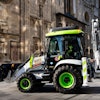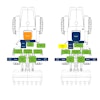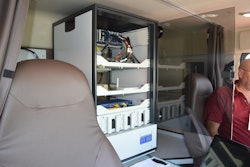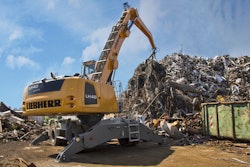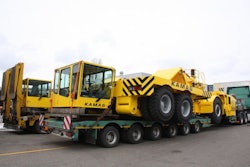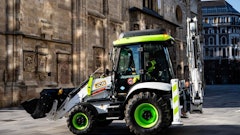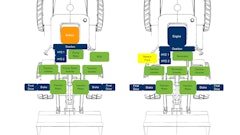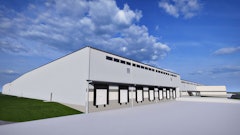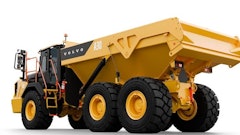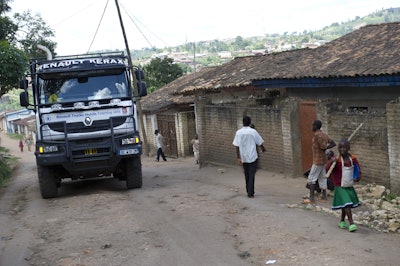
To help the United Nations World Food Program (WFP) carry out its mission of delivering food assistance and working with communities to become more self-reliant, Renault Trucks deployed a mobile training unit in eastern Africa in 2012. Following the success of this first year of partnership, the mobile training unit will be redeployed to WFP locations in central and western African countries. The unit is staffed by Renault Trucks volunteers who will instruct WFP mechanics in the maintenance and repair of the vehicles they use to take food supplies as close as possible to those in need, often in difficult conditions and over rough terrain. Renault Trucks also provides training in fleet and workshop management.
“In many of the world’s most impoverished regions, truck[s] provide a key link in carrying food to those who need it most, often in cases were lives are at risk. By providing its technical expertise in Africa, Renault Trucks ensures the WFP vehicles’ maximum operational availability and helps the operations run more smoothly,” explains Julie Marconnet, Head of Sponsoring and Patronage at Renault Trucks.
As part of the partnership, Renault Trucks volunteer staff members, keen to pass on their knowledge, will be travelling to the Democratic Republic of Congo, the Central African Republic, Ghana, Sierra Leone, Liberia, Chad and Uganda over the next three years. They will be leading 11 training sessions in these countries focused on a Renault Kerax 6x6, configured as a mobile training unit. Altogether, 150 WFP mechanics, workshop managers, fleet managers and trainers will benefit from this instruction between now and 2017.
The World Food Program key figures in 2014:
- 80 million people supplied with food in 82 countries.
- 3.2 million tonnes of food delivered
- 5,000 trucks, 70 aircraft and 20 ships.
